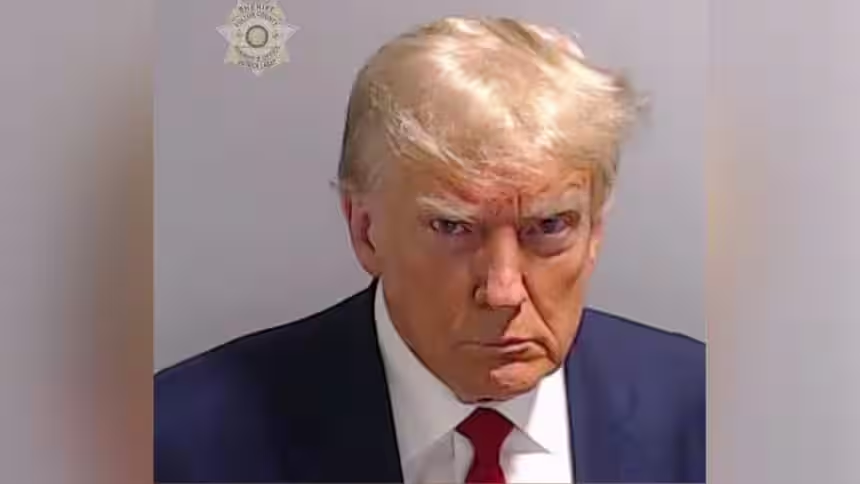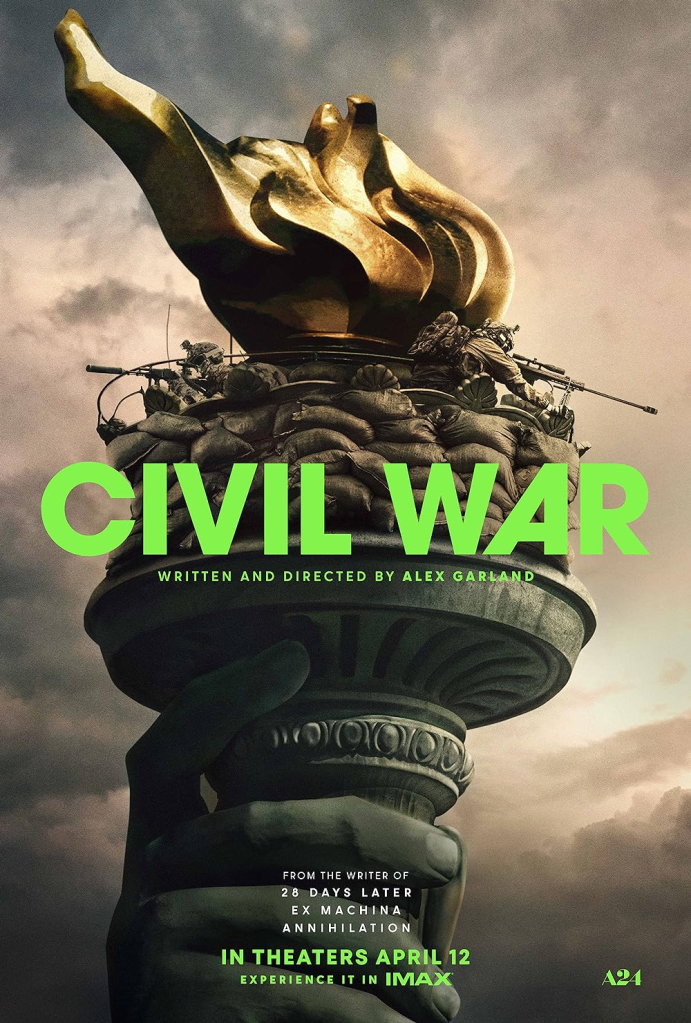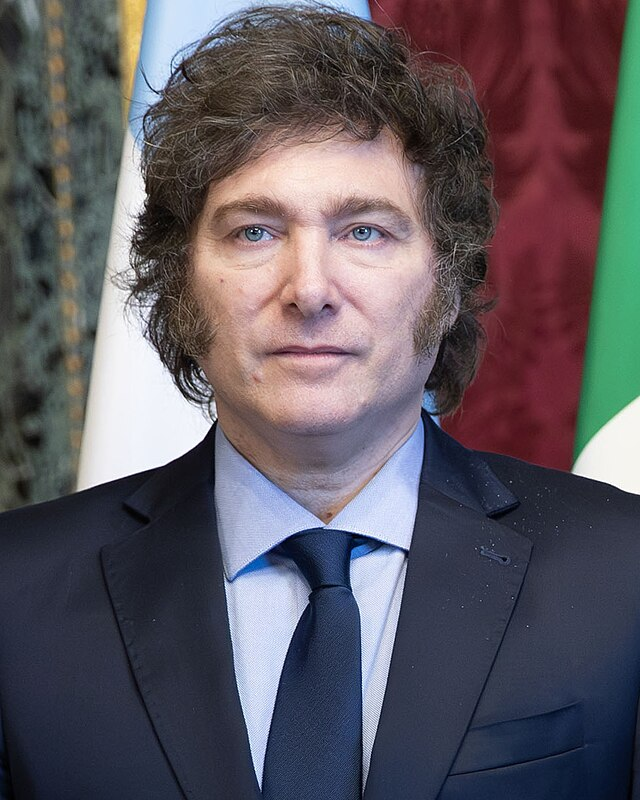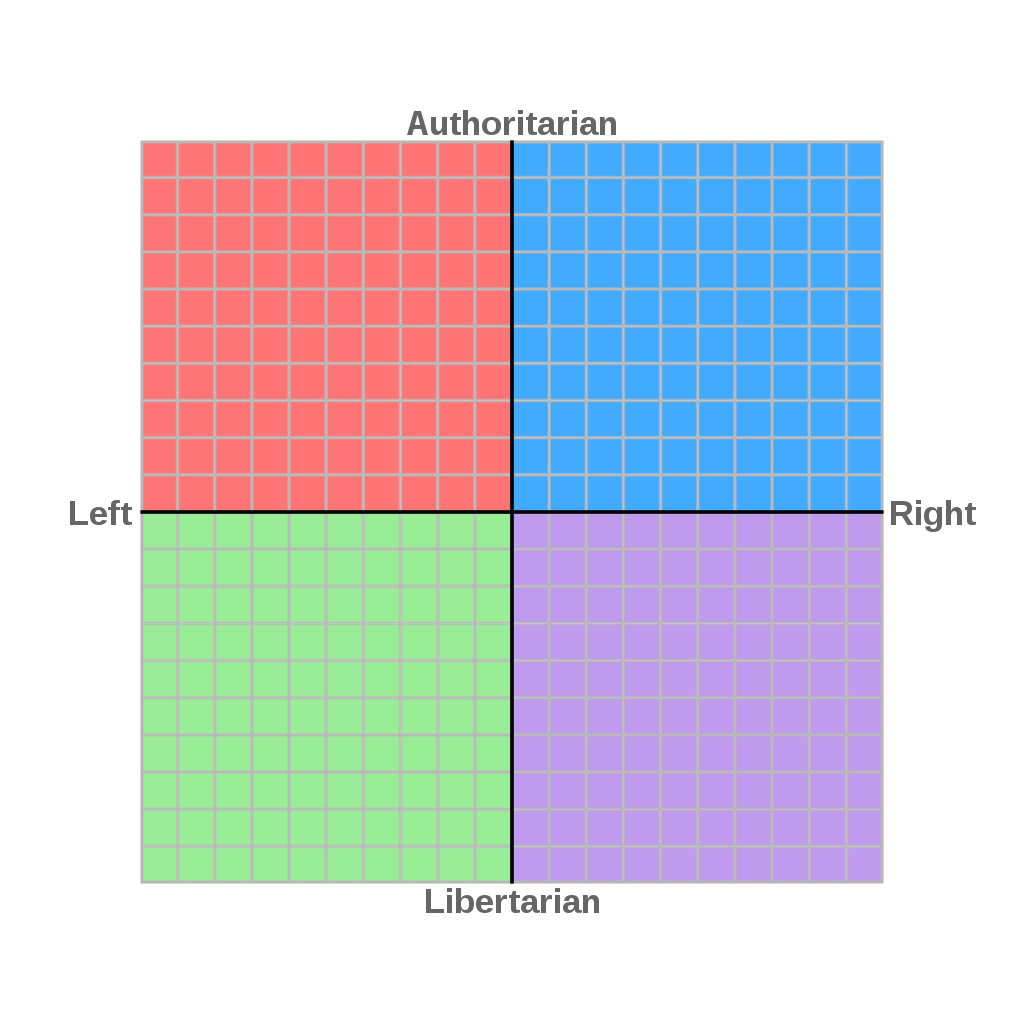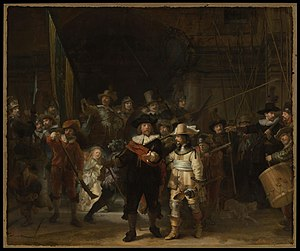I am a dedicated Liberal. I’ve volunteered for the party for nearly 10 years, frequently supporting their efforts. However, last night’s results in Toronto-St. Paul’s were a complete disaster. Canadians have sent a clear message; this election turned out to be a referendum on Trudeau and his leadership, despite the party’s attempts to spin it otherwise.

I’ve believed for a while now that Trudeau needs to step down. I’ve expressed these thoughts privately to fellow Liberals and others in my life. However, my perspective isn’t coming from a Conservative viewpoint, as I believe much of the right-wing backlash against Trudeau is unjustified. I think the Freedom Convoy and other forms of right wing populism that have surged against Trudeau is stupid and hateful and most importantly, wrong. The far-right populism from the United States has infiltrated the Conservative Party, and Poilievre has adopted talking points reminiscent of this ideology. He reminds me of figures like Ben Shapiro or the annoying kid with the glasses from “Polar Express.” His aggressive approach, attacking the media and politicians, is something I cannot support. Any politician who undermines freedom of the press is someone I could never vote for. The day I consider voting Conservative will be the day hell freezes over. Blaming Trudeau for every problem in our country is illogical, but there is a grain of truth in some criticisms.

The crises of rising living costs and housing are complex and multi-layered. All levels of government are involved, with provincial and municipal governments often having a more direct impact than the federal government. However, under Trudeau’s leadership, the federal response to the housing crisis, which falls within its jurisdiction, has fallen short. While I’m not an expert on housing or economics, I believe the average person with a mild interest in politics can see these issues. Personally, I haven’t been overly critical of the government’s handling of these crises, understanding their complexity and the impossibility of instant solutions. I believe policies akin to those of Bernie Sanders would be beneficial for Canada—a more compassionate form of capitalism. I’ve identified myself as a Orange Liberal in recent years, although according to an Angus Reid Poll, 37% of Canadians feel the party has not made sufficient progress on these issues.
This is also not to discount the policies and hard work Trudeau has done. I think he’s brought alot of great and important change to Canada.
While the NDP has little chance of forming a national government, I generally agree with most of their policies. Liberals, for the most part, have adopted much of their platform, particularly in areas like universal healthcare. I see the Liberals as a better path to achieving these policy goals.
For me, Trudeau’s mishandling of the First Nations issue and the numerous scandals are primary reasons why I believe he should step down. His response to the issue has been particularly disappointing. While his government has achieved some milestones, such as addressing water advisories and establishing a National Day of Truth and Reconciliation, their overall approach has been inadequate. Trudeau’s decision to go surfing on the National Day of Truth and Reconciliation was particularly insensitive and symbolic of his detachment from this critical issue. This act was a major insult to First Nations people, especially following Canada’s reckoning with residential schools. It was, in my opinion, one of the most disrespectful responses to First Nations people in modern times, and I cannot forgive him for it.

Additionally, Trudeau has made too many mistakes. In my view, any respectable politician would have resigned after the SNC-Lavalin scandal. The blackface scandal was outrageous to me, as someone I once considered a role model committed such a hurtful act. While this occurred over 20 years ago, the repetition of such behavior troubled me deeply. Moreover, his handling of foreign interference has been a disaster. The reluctance to hold a public inquiry into this serious threat to our democracy is deeply concerning. It gives the impression that our government is beholden to foreign interests rather than accountable to Canadians. While other parties, including the Conservatives, are also culpable, as the governing party, Liberals bear the responsibility to address and inform Canadians about threats to our democracy. Transparency is crucial for safeguarding our democratic institutions and maintaining public trust, especially in a time of global democratic challenges.

Despite these criticisms, I remain a proud Liberal and continue to support the party. However, if Liberals wish to preserve the party and prevent Poilievre from gaining a supermajority, as polls suggest, there is much work to be done. The party needs introspection and must confront its identity. Liberals have historically prided themselves on being Canada’s governing party and enacting progressive legislation that has shaped Canada’s international reputation. To ensure the survival of the Liberal Party, the Trudeau brand must go.

Even if Trudeau were to resign or be replaced as leader, it may not immediately improve our standing in the polls. However, it would allow us to salvage what remains of the party and rebuild its reputation. A fresh face could potentially rejuvenate the party’s appeal among Canadians and rebuild trust. I believe someone like Mark Carney would be an ideal candidate, as he is not closely associated with the Trudeau brand and polls positively among voters for the leadership role. While I admire Chrystia Freeland and find her intelligent and capable, her association with Trudeau may not serve the party well in the current climate.
Preventing a Conservative supermajority government is crucial to me. Many of my fellow Liberals argued before the Toronto-St. Paul by-election loss that now isn’t the right time for Trudeau to resign or that a leadership change would distract from pressing issues. However, after last night’s results, I find it difficult to support this argument. The 2025 election will likely be a “change” election, much like 2015 was for the Liberals. The fact that the Conservatives made significant gains in Toronto, traditionally a Liberal stronghold, should alarm us all. Polls indicate many ridings in the Greater Toronto Area are now toss-ups or leaning Conservative. Perhaps what we need right now is exactly what we’ve been avoiding. Canada is on the brink of change, and so must the Liberal Party.

Mark Carney, former governor of the Bank of Canada
We need new, decisive leadership and immediate action on critical issues like housing, living costs, and foreign interference. We cannot afford to hand the government to someone who courts extremists, supports the Freedom Convoy, attacks the media, opposes abortion rights within his party, denies climate change, and seeks to roll back LGBTQ rights. Continuing on our current path is akin to a train on fire hurtling toward a cliff. Trudeau must step down, and we must stop Poilievre at all costs.


